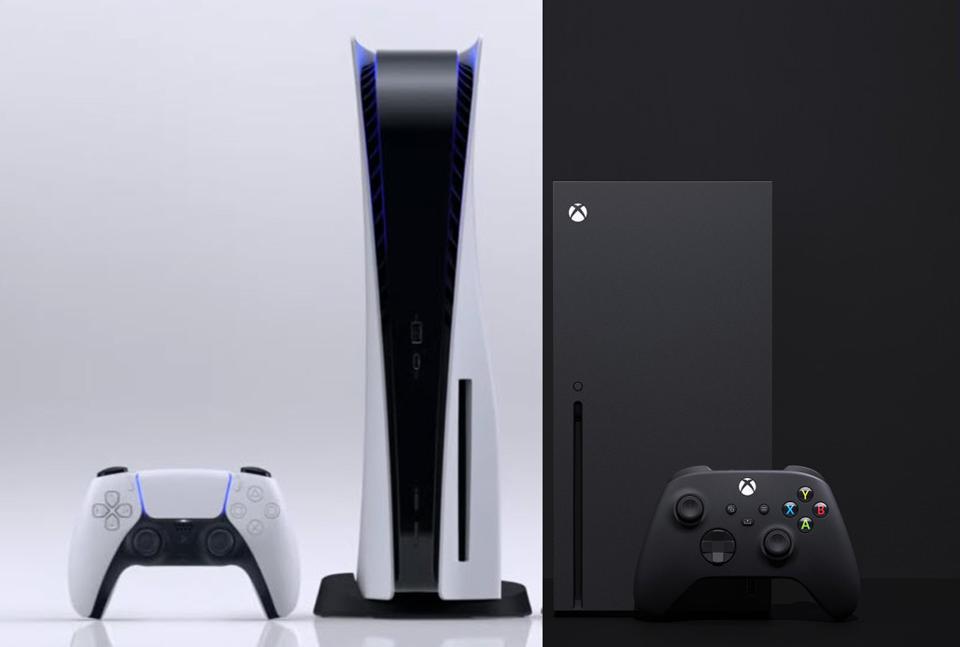Microsoft’s Evolving Xbox Strategy: Shifting Focus from Hardware to Ecosystem
The gaming landscape is in constant flux, and Microsoft’s Xbox division is navigating these changes with a strategy that prioritizes accessibility and reach over traditional console sales. Recent sales estimates suggest that while Sony’s PlayStation 5 continues to dominate the hardware market, Microsoft is doubling down on its vision of Xbox as a platform-agnostic ecosystem. This shift is embodied in their "everything is an Xbox" campaign, emphasizing access to Xbox games through various devices, from PCs and mobile phones to streaming sticks.
November 2024 sales figures paint a stark picture of the current console market. Estimates suggest the PlayStation 5 sold 4.1 million units, buoyed by the release of the PS5 Pro. The Nintendo Switch maintained a steady pace with 1.7 million units sold, while the Xbox Series X/S lagged significantly behind at 767,000 units. This disparity translates to the PS5 outselling the Xbox Series X/S by a factor of 5.4 in November alone. Year-to-date estimates further underscore this trend, with the PS5 projected to sell 15.31 million units compared to Xbox’s 4.01 million.
While console sales may appear concerning for Xbox, Microsoft’s strategy hinges on the strength of its Game Pass subscription service. This "Netflix for games" model provides access to a vast library of titles for a recurring fee, generating consistent revenue regardless of hardware sales. Microsoft’s argument is that the ability to play Xbox games on a multitude of devices, even without owning an Xbox console, expands the potential player base and strengthens the overall ecosystem. This strategy directly addresses the cost barrier to entry that a dedicated console can represent, allowing gamers to access a broad catalog of games for a comparatively lower monthly fee.
However, the cloud gaming component of this strategy, while touted as a key differentiator, remains a relatively small segment of the market. This poses a challenge for Microsoft as it attempts to convince players to embrace cloud gaming as a primary mode of play. The question remains whether gamers seeking a premium gaming experience will opt for the cloud over the superior performance and reliability of dedicated hardware. This challenge is compounded by the fact that the market for cloud gaming, while growing, is still nascent and requires significant infrastructure investment.
The evolving dynamics of the gaming industry have led to a somewhat paradoxical situation. Microsoft’s "everything is an Xbox" philosophy has inadvertently blurred the lines between competing platforms. With Microsoft increasingly open to releasing its games on multiple platforms, including the PlayStation 5, the value proposition of owning an Xbox console becomes less clear. The allure of playing Xbox exclusives "free" on day one with a Game Pass subscription could incentivize players to choose other platforms, potentially further diminishing Xbox hardware sales. This strategy, while potentially broadening the reach of Xbox games, also runs the risk of cannibalizing its own hardware sales.
Despite the declining hardware sales and the strategic shift towards software and services, Microsoft maintains its commitment to the console market. Rumors suggest the company is developing a handheld gaming device, a move that could potentially challenge the dominance of the Nintendo Switch. This handheld device could provide a more portable and accessible entry point to the Xbox ecosystem, appealing to a wider audience. Furthermore, Microsoft has indicated its intention to release a next-generation console in the future, reaffirming its long-term commitment to the hardware market. While the current landscape poses challenges, Microsoft’s evolving strategy aims to position Xbox as a ubiquitous gaming ecosystem, accessible on a wide range of devices, with Game Pass as the central pillar of its growth.
In conclusion, while the current console sales figures might suggest a challenging position for Xbox, Microsoft’s long-term strategy focuses on expanding the Xbox ecosystem beyond the confines of traditional hardware. The emphasis on Game Pass, cloud gaming, and multi-platform releases signals a shift towards accessibility and reach, potentially reshaping the future of gaming. The success of this strategy remains to be seen, but it reflects Microsoft’s recognition of the evolving dynamics of the gaming industry and its willingness to adapt to changing player preferences. The future of Xbox may not be defined by console sales alone, but by its ability to establish itself as a central player in the broader gaming landscape.






